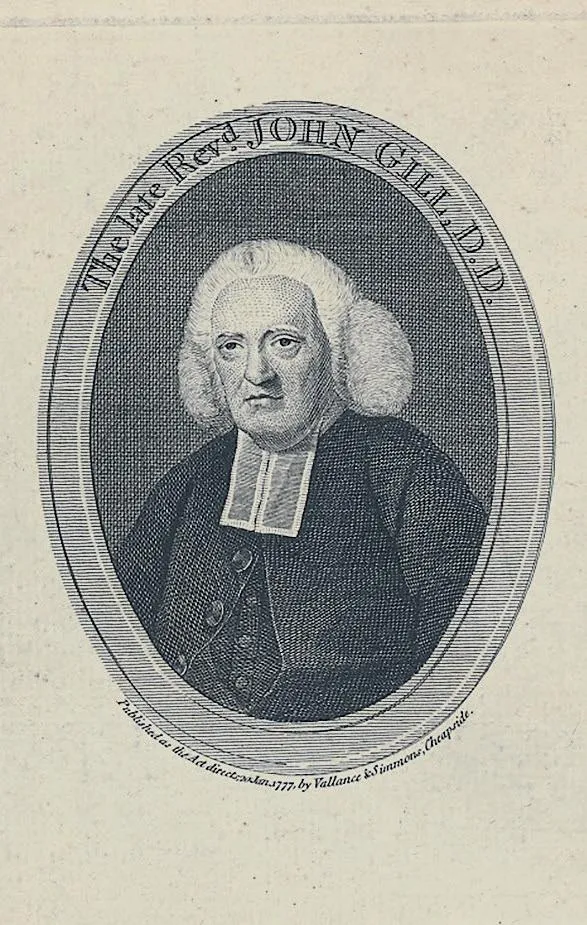From time to time in the history of the Church, God raises up men, who, because of their God-given talents, exercise extraordinary influence for good.
In the Ancient Church, Athanasius and Augustine were such pastor-theologians as they defended the Christian Faith. At the time of the Reformation, Martin Luther and John Calvin were critical to the advance of that great movement of God. In more recent times, Dr Martyn Lloyd-Jones played a central role in the recovery of the doctrines of grace among British Evangelicals. And in his day, especially among members of his community, the Particular or Calvinistic Baptists, John Gill may rightly be reckoned, in the words of Lloyd-Jones, ‘a very great man, and an exceptionally able man’.
Gill viewed negatively
Yet, contrary to this perspective, Gill has been remembered by many as a hyper-Calvinist whose theology has been seen as a major cause for the decline of his Baptist denomination for much of the 18th century. By the time the Victorian Baptist historian JM Cramp came to write his influential and widely-read Baptist History, the responsibility of Gill for the decline of the Baptist cause in the 18th century was a given.










